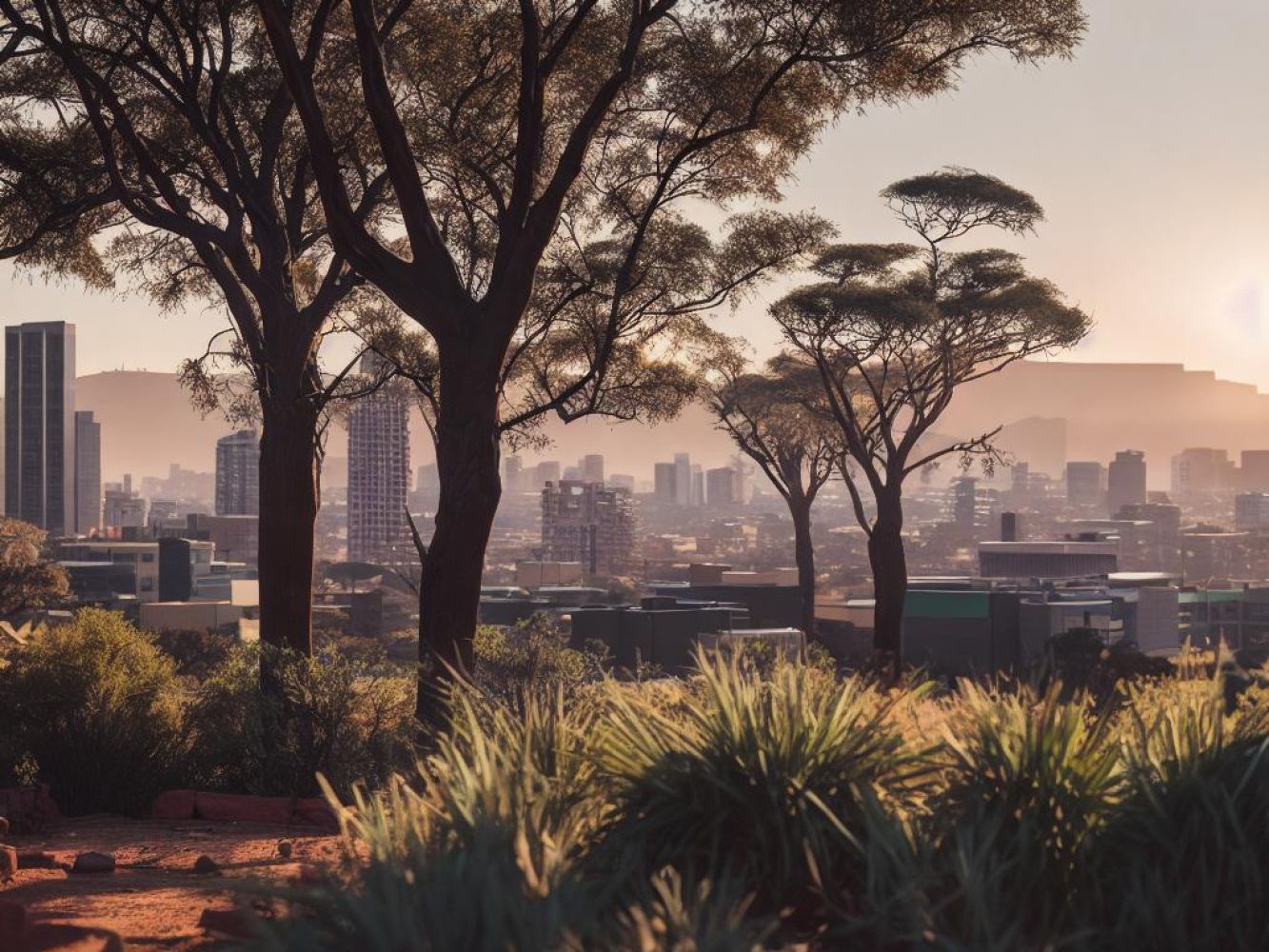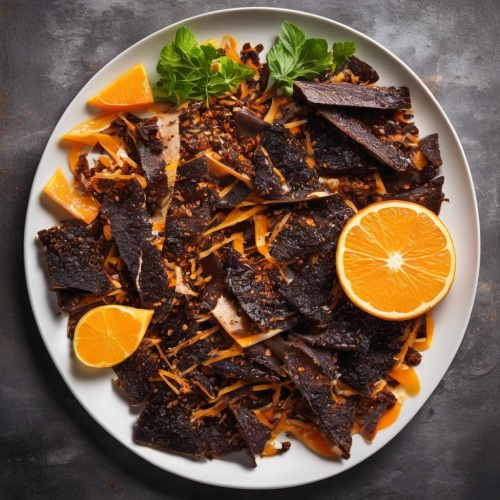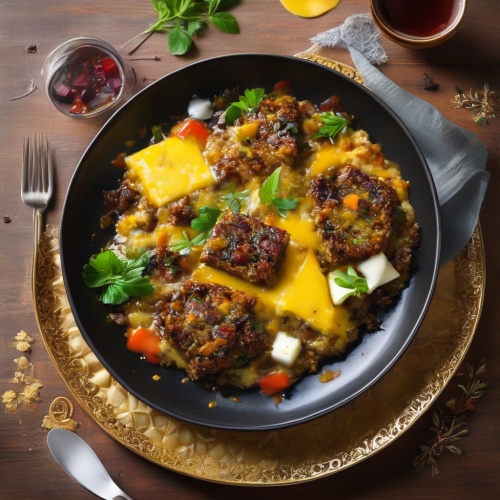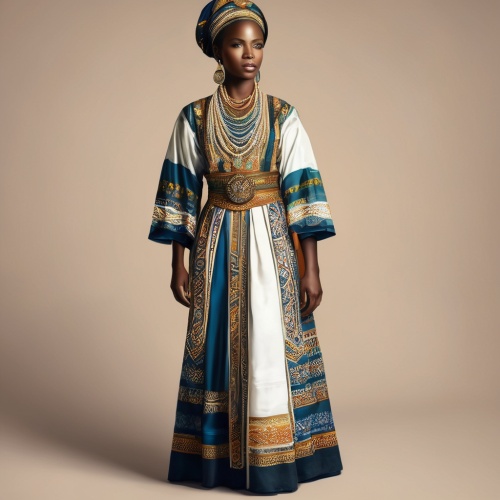Understand
Johannesburg, the largest city in South Africa, is a vibrant metropolis with a population of 9.6 million people. More than half of its residents live in the bustling township of Soweto and the surrounding suburbs. The city is a melting pot of diverse cultures, with no single language group dominating. However, English serves as the common language for communication. Known as the economic hub of South Africa, Johannesburg plays a vital role not only for the country but also for the whole of Africa. It generates approximately 10% of sub-Saharan Africa's GDP. While the city showcases great wealth, it is important to note that the distribution of resources is highly unequal. The disparities between the affluent and the less privileged have contributed to a high crime rate, making it crucial for visitors to take necessary precautions. Despite the challenges, Johannesburg offers unique experiences that set it apart from other cities. Its streets are alive with entrepreneurial spirit, where motorists can purchase various goods from vendors at traffic lights. From delicious food to soccer balls, these vendors provide a glimpse into the vibrant street culture. Additionally, the city's landscape is dotted with mine dumps, reminders of its rich gold mining history. Johannesburg delights nature lovers as well, with approximately 6 million trees spread across the city. This urban forest makes it one of the greenest cities in the world, considering its natural savannah environment. The city also enjoys excellent weather, with summer temperatures reaching the mid-30s Celsius (95F) and occasional captivating afternoon thunderstorms. Winter brings cooler temperatures, although snow is an extremely rare occurrence. To make the most of your visit to Johannesburg, it is advisable to stay in areas with high-security measures and to avoid the central business district and impoverished areas of the city. With proper precautions, a safe and enjoyable stay is definitely possible.








Comments
NO COMMENTS